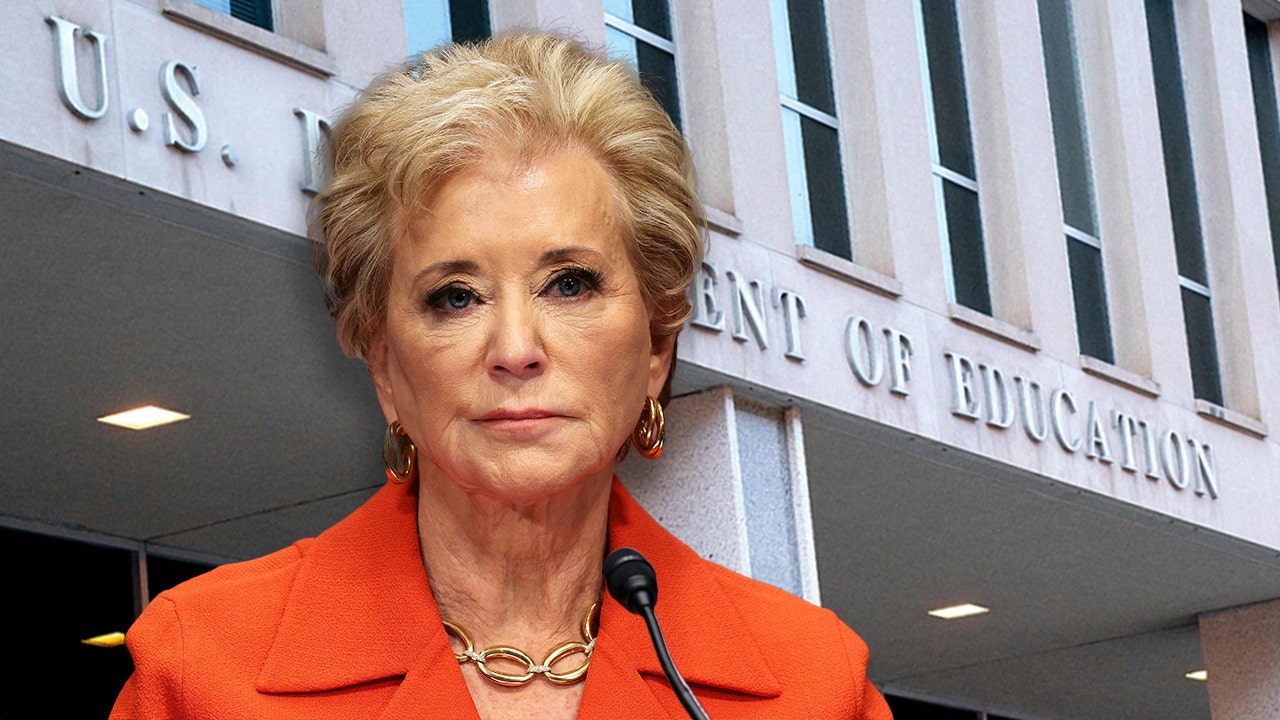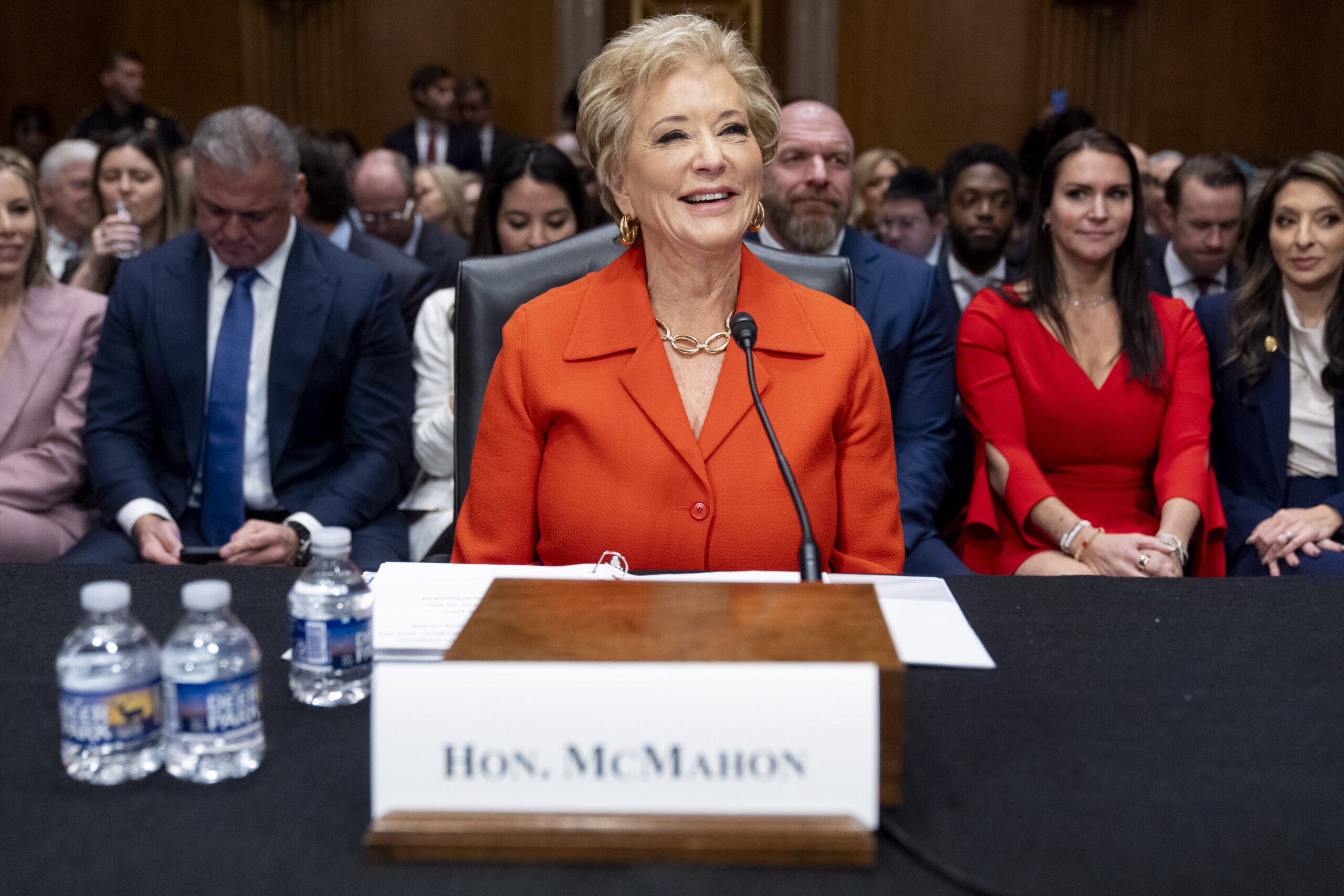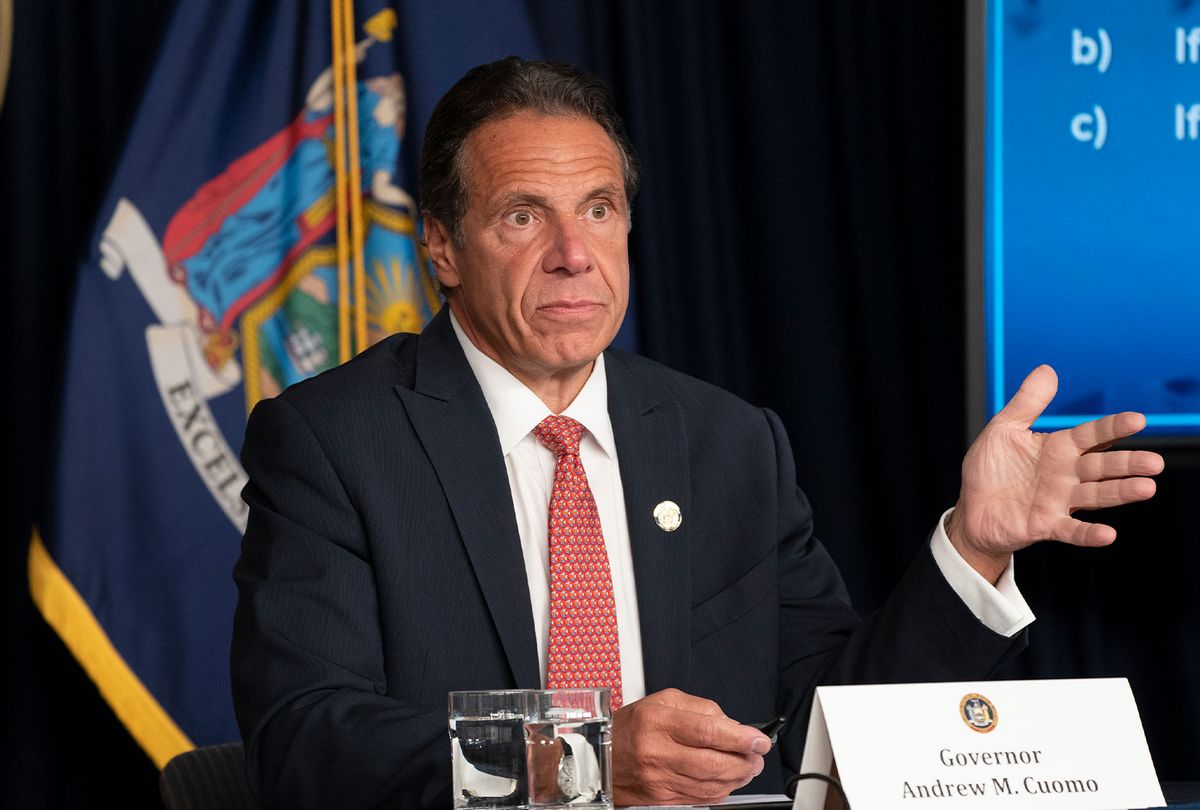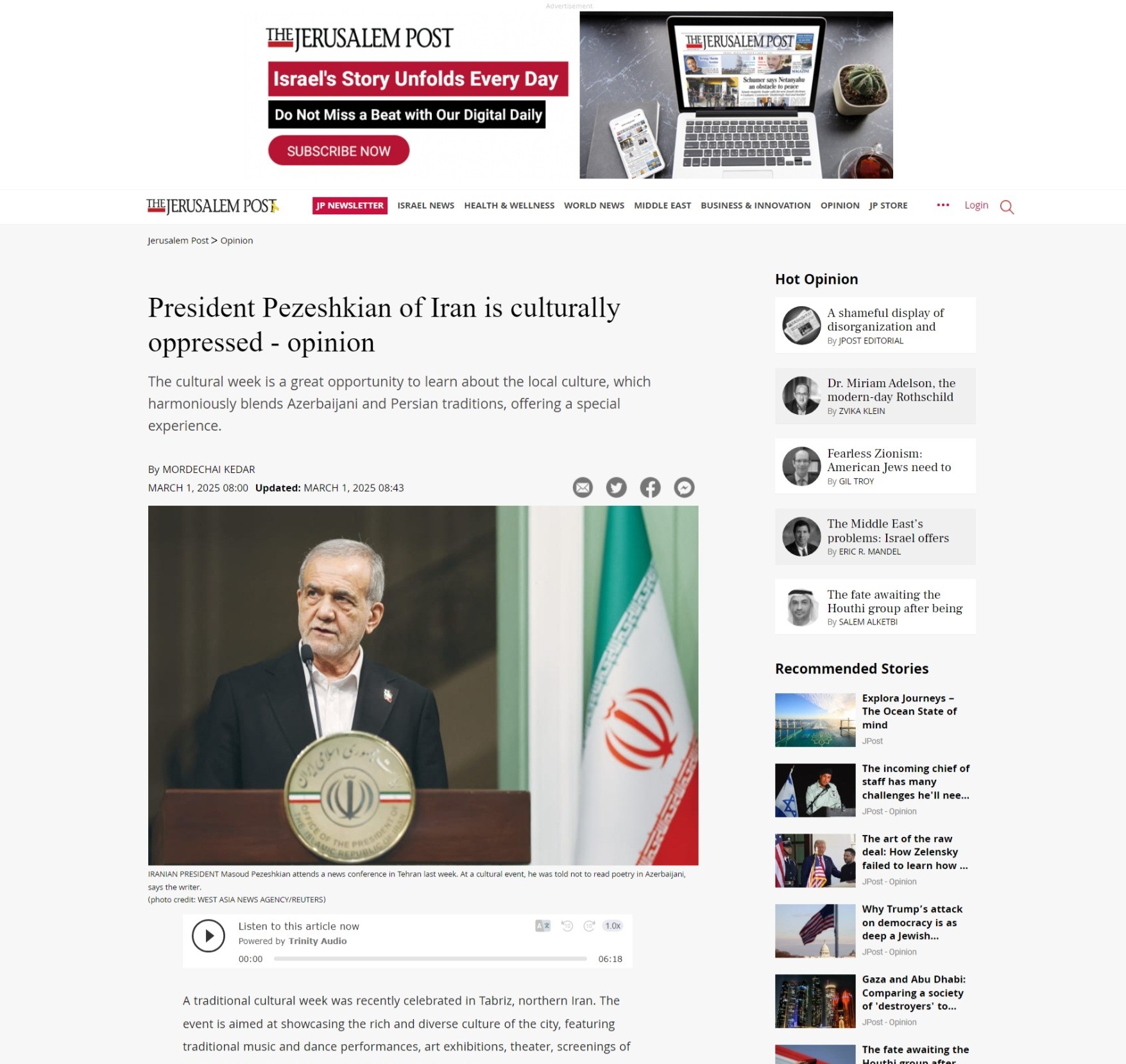The Honduran foreign minister has said that a decision to pursue diplomatic relations with China and ditch ties with Taiwan was motivated by economic interests rather than ideology.
Speaking to the Canal 5 television channel on Wednesday, Eduardo Enrique Reina said that rising debt and the need for more investments motivated the decision, which was announced a day earlier by Honduran President Xiomara Castro.
“The global situation is complicated. We need to open up,” Reina said. “We need investment. We need cooperation.”
The minister’s comments highlighted the dilemmas faced by countries seeking strong economic ties with both the United States, a strong supporter of Taiwan, and China, which views the self-governed island of 23 million people as its own territory with no right to state-to-state ties.
If Honduras follows through on this week’s announcement, Taiwan will be left with only 13 formal diplomatic allies.
Honduras is one of the poorest countries in Central America with nearly 75 percent of the population living in poverty.
Reina said Honduras had asked Taiwan to double the $50m in assistance it receives each year and consider “realigning” the country’s $600m debt to the island.
When Honduras did not receive a positive response, Reina said the Castro administration moved to pursue diplomatic ties with the Chinese government, in a development he said was rooted in “pragmatism, not ideology”.
Taiwan’s Foreign Ministry said in a statement on Thursday that Taipei had “actively and continuously” negotiated bilateral cooperation plans with Honduras since Castro had taken office.
Taiwan “expressed to Honduras many times that our country is willing, within its capabilities, to assist Honduras to promote construction and development, and at the same time, we repeatedly reminded Honduras to pay attention to China’s false promises,” it said, without mentioning the debt issue.
Taiwan is “trying its best to maintain the friendship” with Honduras, the ministry added.
Reina said Honduras had made its decision on diplomatic ties after conversations with US and Asian allies and stressd that he also wanted to strengthen ties with Washington and other countries.
But the move could have repercussions for the relationship between Honduras and the US, the Central American country’s largest trading partner.
Washington views Beijing as its top geopolitical rival, and ties between the two nations have soured over numerous points of tension in recent years, including trade, the status of Taiwan, China’s claims in the South China Sea and a US push against Chinese influence in the Indo-Pacific.
“The Honduran Government should be aware that the PRC (People’s Republic of China) makes many promises that are unfulfilled,” a State Department spokesperson said on Wednesday.
“We will continue to monitor next steps closely.”
But on Wednesday, Reina pointed out that 171 other countries have formal diplomatic relations with China and not with Taiwan. The US is one of those countries, but it is also Taiwan’s most important ally and a key supplier of weapons.
Reina added that Honduran officials were likely to meet their Chinese counterparts in the coming days to formalise the relationship, having already contacted the Chinese ambassador in Costa Rica to begin talks.
Costa Rica is one of several other countries in the region, including Nicaragua, El Salvador and the Dominican Republic, that have also ditched Taiwan in favour of relations with China in recent years.
The trend demonstrates the desire of many poor countries to avoid choosing sides as tensions grow between the US and China, both seen as important sources of potential trade and investment.






















Discussion about this post